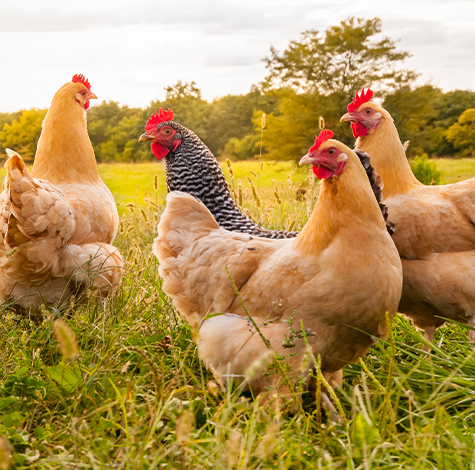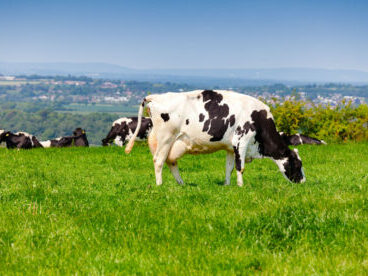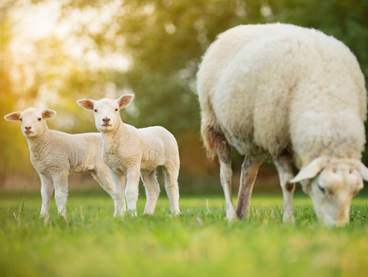New research shows that paying close attention to the fat content of the diet can have a big impact on overall feed efficiency.
Correct fat balance will improve feed efficiency
New research shows that paying close attention to the fat content of the diet can have a big impact on overall feed efficiency and production costs as UFAC UK Technical Manager Joe Magadi explains.
There are broadly two ways to reduce feed costs per litre. The first is to reduce the price paid for feed, buying cheaper ingredients, focusing on price not quality and hoping the cows will manage to perform. The second is to increase the efficiency with which the diet is used.
As feed represents over 40% of the cash cost of milk production, the efficiency with which it is converted into milk has a huge bearing on overall costs of production. Feed efficiency is measured as the kilos of milk produced per kilo of dry matter consumed.
A great number of factors will influence fed efficiency, the majority of which are within the farmer’s control. For example, fresh calved cows have higher feed efficiency than late lactation animals. The way the diet is presented and the amount of trough space have a big impact as does the formulation of the diet itself. Now new research shows that the balance of fats in the diet can have a big impact on feed efficiency.
Unsaturated fats are key
The trials show the importance of ensuring sufficient rumen inert unsaturated fats are present in the diet. The reason is that they are required in the small intestine to make full use of the volatile fatty acids (VFAs) produced as a result of rumen fermentation. In simple terms, if you have insufficient unsaturated fat then less of the VFAs produced from most of the diet are utilised, driving down feed efficiency.
In the trial three diets were compared:
a) control diet containing no added fats
b) control diet with added C16:0 fats
c) control diet plus a balanced fat supply with higher levels of rumen inert unsaturated fats.
All the diets were balanced to contain the same levels of energy, protein and other nutrients. The only difference was the make up of fats. The results were significant. The cows on the control diet produced 1.66 litres/kgDM while the cows on the balanced diet produced 1.76 litres/ kgDM, an increase in feed efficiency of 6%. Feeding balanced fats meant the whole diet was used more efficiently. However, the group fed the diet with added C16:0 produced 1.5 litres/ kgDM, a reduction in feed efficiency of 10%. Ensuring the correct fat choice improved feed efficiency by 16%.
Big financial benefit
The economic impact of this can be considerable. Feed efficiency improvements can be used in one of two ways:
Produce the same milk yield from less feed
Feed the same and produce more milk.
The table demonstrates the potential impact. Based on milk at 17ppl and a TMR costing 15p/kgDM, the benefit of improving feed efficiency by feeding a balanced supply of fats would be 21-34 pence/cow/day – £8400 – 13,600 for a 200 cow herd for a 200 day winter. Clearly the actual economics will depend on individual circumstances.
To increase the efficiency of the whole diet, the key is to improve the efficiency with which VFAs are used. The trial clearly shows that feeding rumen inert unsaturated fats can have a significant role in improving feed efficiency and reducing costs of production. The saving achieved will far exceed savings that can be made by focussing just on ingredient cost.
| Feed efficiency
(kgmilk/kgDMI) |
Dry matter intake
(Kg/day) |
Milk yield
(l) |
Physical
benefit |
Financial benefit
(p/cow/day) |
|
| Control | 1.66 | 24.0 | 40 | ||
| Balanced fat diet with
same milk from less feed |
1.76 | 22.6 | 40 | 1.4kg DM less
@15p/kgDM |
21p |
| Balanced fat diet with
more milk from same feed |
1.76 | 24.0 | 42 | 2 litres @
17ppl |
34p |


 Back to News
Back to News 



